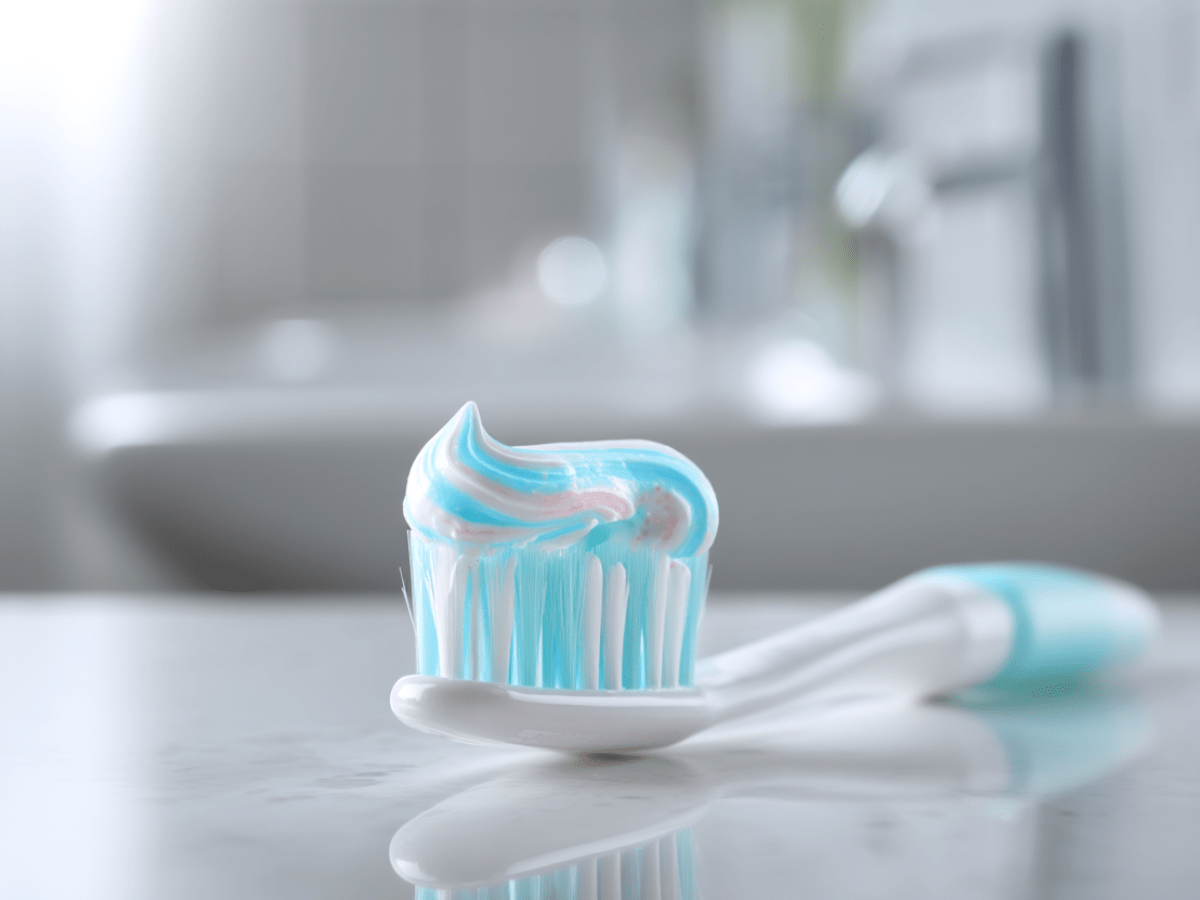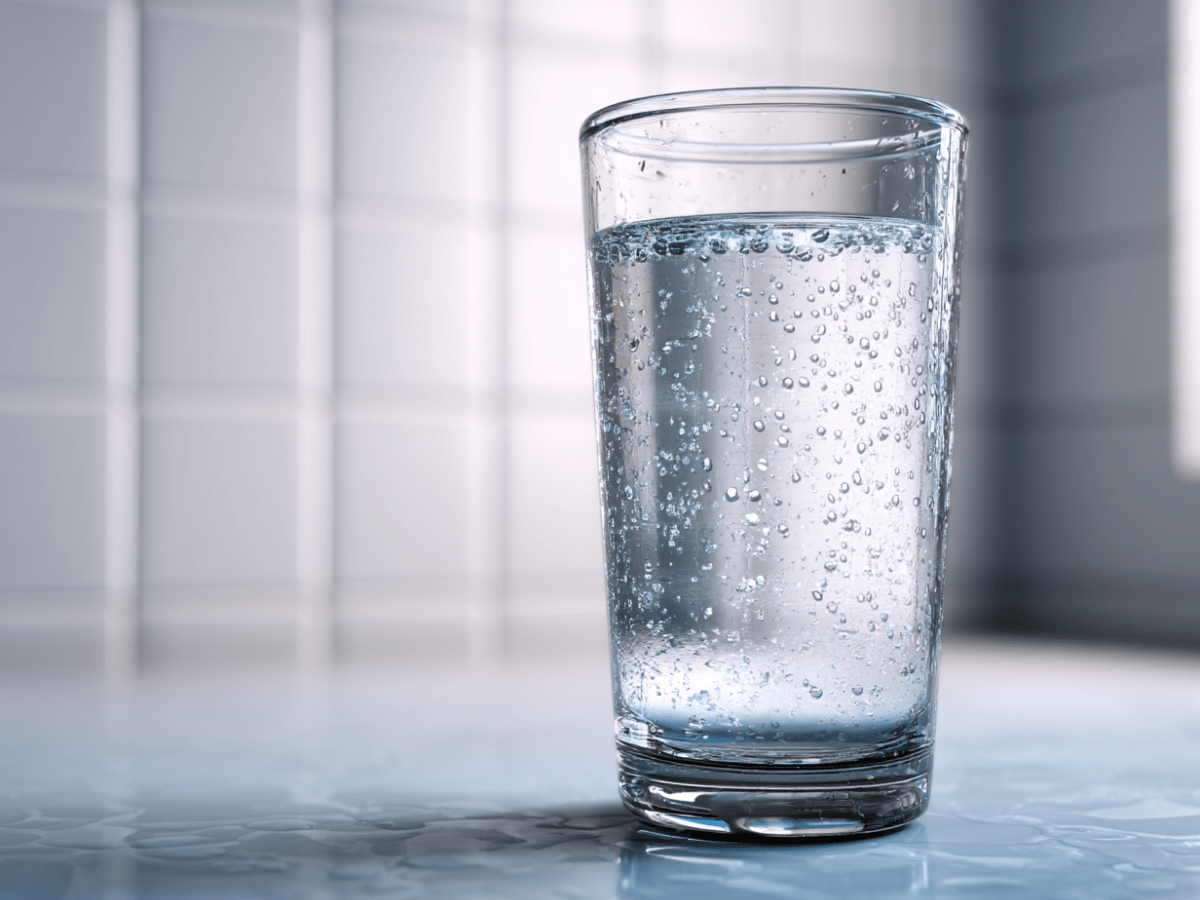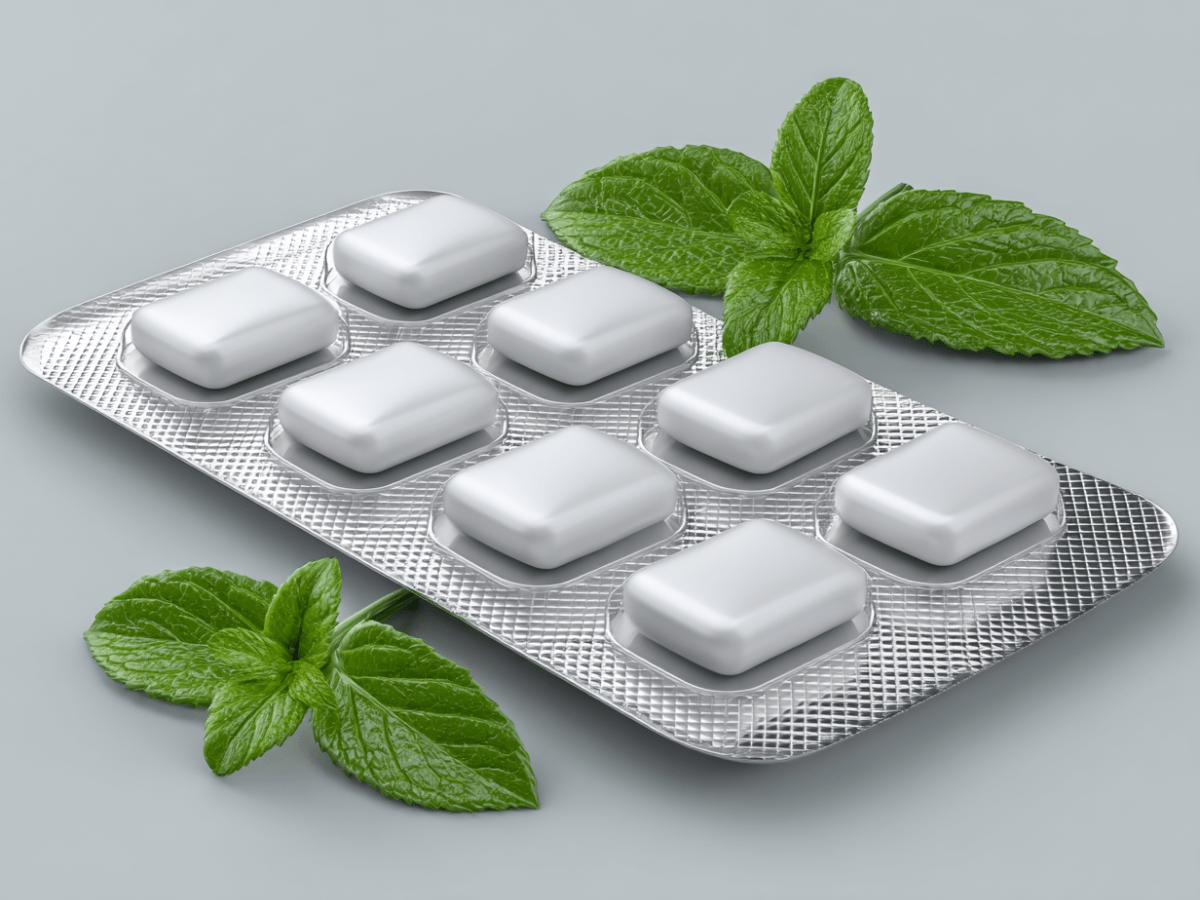If you’ve been waking up with a sour taste in your mouth and your teeth feel more sensitive lately, it might not just be stress or diet. Stomach acid could be slowly eroding your enamel especially if you have acid reflux or GERD.
At Elizabeth L. Wakim DDS, we take a proactive approach to enamel preservation. Our team uses advanced diagnostic tools including 3D imaging and digital scanning to assess signs of acid erosion and build personalized care plans that fit your lifestyle and oral health goals. If you’re concerned about how reflux may be affecting your teeth, we’re here to help you stay ahead of the damage before it becomes permanent.
We’ll break down how acid reflux damages your enamel, what early signs to look out for, and the steps you can take now to avoid long-term dental problems.
What Is Acid Reflux and How Does It Affect Your Teeth?
Ever wondered why your enamel seems thinner, your teeth feel more sensitive, or that lingering sour taste won’t quit? It might be more than just a midnight snack, it could be acid reflux.
What’s going on under the hood?
Acid reflux, also known as GERD, occurs when stomach acid moves up into the esophagus and sometimes reaches the mouth. It’s a surprisingly widespread condition, affecting nearly one in five adults in the U.S. and many don’t even realize it. While it’s commonly linked to heartburn, that same acid can quietly wear away your teeth.
Here’s how it damages your smile:
- Enamel softens, leaving it vulnerable to wear and thinning. This is different from tooth decay caused by bacteria, acid erosion is chemical, not bacterial.
- Many reflux medications cause dry mouth, which reduces saliva. Saliva normally helps neutralize acid and protect your teeth, so without it, your enamel is even more exposed.
- Nighttime reflux is especially damaging. When you sleep, saliva flow decreases and you swallow less, so acid lingers in your mouth longer, giving it more time to erode enamel.
- Erosion often shows up on the inside surfaces of your teeth or on the chewing edges. These subtle changes are easy to miss until sensitivity or visible wear sets in.
Why your smile doesn’t get a do-over:
An estimated 20 to 45 percent of adults worldwide show signs of enamel wear on their permanent teeth, a reminder of how common and often overlooked this issue is. And once that enamel is gone, it doesn’t grow back. While fluoride and remineralizing products can help strengthen what remains, they can’t rebuild what’s already been lost. That’s why early awareness and prevention are so important.
Spotting the Signs: Is Your Smile at Risk?
With global estimates suggesting that 14 to 28 percent of people are affected by gastroesophageal reflux disease (GERD), it’s no surprise that many individuals struggling with acid reflux disease may already be seeing the early effects on their teeth, often in the form of subtle enamel wear.
These are the warning signs that your tooth enamel could be at risk:
- Sensitive teeth: A sudden reaction to hot, cold, or sweet foods may signal dental erosion. As gastric acids soften the enamel surface, the inner layer, dentin, becomes exposed, making teeth more sensitive.
- Worn or flattened chewing surfaces: If your occlusal surfaces (the tops of your back teeth) appear smooth, cupped, or worn down, this may be a sign of erosive tooth wear especially in the posterior teeth and maxillary teeth, where gastric reflux tends to cause the most damage.
- Yellow or translucent edges: As enamel thins, the edges of your permanent teeth can look glassy or begin to show a yellow tint. These changes are often visible on palatal surfaces or the chewing surfaces of molars.
- Persistent sour taste or dry mouth: An unexplained sour taste, especially in the morning, can be a subtle indicator of silent GERD, a form of gastro oesophageal reflux disease that affects the oral cavity without obvious heartburn. Reduced salivary flow can make matters worse by allowing acid to linger on the tooth surface.
Some contributing habits like consuming acidic drinks, chewable vitamin C tablets, carbonated soft drinks, and frequent citrus fruits can make erosion worse, especially when paired with reflux-provoking meals or excessive vomiting.
If left unchecked, this chemical process can eventually affect both occlusal and palatal surfaces, leading to progressive tooth wear and permanent damage to your smile.
Why Early Detection Matters (Commonly Overlooked!)
Tooth erosion from acid reflux disease doesn’t happen overnight but the longer it goes undetected, the more permanent the damage becomes. Here’s why early detection is essential:
- Erosion often starts in hidden areas: Damage commonly begins on the palatal surfaces of the posterior teeth, where it’s easy to miss during daily brushing.
- Dental signs appear before digestive symptoms: Even without classic heartburn, dental manifestations like sensitive teeth, thinning enamel, or uneven tooth structure may be early clues of silent GERD or gastro oesophageal reflux disease.
- Ignoring the signs leads to complex treatments: Left untreated, erosive tooth wear may require extensive dental rehabilitation to restore both function and aesthetics.
- Your dentist can spot it before you feel it: During exams, dentists can detect early tooth wear, monitor changes in tooth surface, and recommend preventive strategies before you develop pain or more serious damage.
Ways to Protect Your Teeth (Beyond the Basics)
If you’re managing acid reflux disease or gastro esophageal reflux disease, protecting your teeth is just as important as treating your symptoms.
Here are five dentist-approved strategies to help protect your smile:
1. Strengthen with Fluoride Toothpaste

Daily use of fluoride toothpaste helps reinforce weakened dental enamel and slow down tooth wear caused by acid exposure. If you’re curious about how fluoride actually works and whether it’s right for you, this article on fluoride and its benefits explains its role in protecting your smile. For patients with signs of erosive tooth wear, your dentist may recommend a prescription-strength formula
2. Rinse, Don’t Brush (Right Away)

After a reflux-provoking meal or acidic drink, rinse with plain water instead of brushing immediately. Brushing too soon can worsen dental erosion by scrubbing acid into the softened enamel surface. Wait at least 30 minutes to allow saliva to rebalance your oral cavity naturally.
3. Chew Sugar-Free Gum to Boost Saliva

Chewing sugar free gum after meals promotes salivary flow, which helps neutralize acid and cleanse your teeth. Choose xylitol-based gum with the American Dental Association (ADA) Seal of Acceptance for added protection. This simple habit supports daily dental health especially helpful if medications reduce your saliva production.
4. Cut Back on Acidic Foods and Hidden Triggers

Minimize your intake of citrus fruits, soft drinks, fruit juices, and chewable vitamin C tablets. These acidic foods and dietary acids accelerate enamel loss and compound the effects of reflux disease and dental complications. If you’re unsure how your diet may be affecting your teeth, this guide on nutrition for oral and dental health offers helpful tips on making enamel-friendly food choices.
5. Don’t Ignore Nighttime Reflux

Sleeping flat can allow acid to travel up toward your maxillary teeth, especially if your lower esophageal sphincter is weakened. To reduce overnight exposure, avoid late meals and slightly elevate your head. Addressing silent GERD is crucial in preventing long-term disease and dental erosion.
Getting Treatment: What Can Your Dentist Do?
If you’re experiencing signs of acid reflux teeth erosion, it’s important to know that while enamel can’t be regrown, it can be protected and in many cases, restored with the right dental treatment plan.
Your dentist plays a crucial role in both detecting early damage and helping you manage the effects of gastro esophageal reflux disease on your teeth. Staying consistent with regular dental checkups is one of the most effective ways to catch enamel erosion early, often before you notice any symptoms yourself. Here’s how:
- Early Diagnosis Through Regular Exams: Dentists are trained to recognize the dental manifestations of reflux disease and dental erosion. Subtle changes in the tooth surface, especially on occlusal and palatal surfaces, may point to ongoing acid exposure. Identifying these signs early means you can act before tooth wear becomes more severe.
- Personalized Preventive Care: Based on your risk factors, your dentist may recommend fluoride varnishes, high-strength fluoride toothpaste, or custom trays to protect the enamel surface. These measures are often used when erosion occurs over an extended period or when exposed dentin increases sensitivity.
- Restorative Options for Worn Teeth: If erosion has caused visible damage or tooth structure loss, restorative procedures may be necessary. This could include composite bonding, tooth-colored fillings, or crowns to rebuild the chewing surfaces and prevent further wear. In advanced cases, dental rehabilitation may involve full-mouth reconstruction to restore form and function.
- Referral for Medical Management: Your dentist may collaborate with your physician or gastroenterologist to address the underlying medical condition especially in cases of gastroesophageal reflux disease (GERD) or silent GERD. Addressing reflux at its source helps prevent further damage and supports long-term dental health.
- Ongoing Monitoring and Maintenance: Long-term care includes monitoring the effects of gastric acids on your permanent teeth, adjusting your home care routine, and scheduling more frequent cleanings or check-ups. Studies emphasize the importance of ongoing evaluation in managing disease and dental erosion over time.
While not every case of acid reflux disease leads to severe tooth erosion, working with a dentist who understands the connection between gastro esophageal reflux and oral health gives you the best chance at preserving your smile for the long haul.
Ready to Protect Your Smile from Acid Reflux?
Acid reflux teeth erosion may start quietly, but the damage can become permanent if left unchecked. Whether you’re managing occasional reflux or a chronic condition like gastroesophageal reflux disease, your teeth deserve protection, starting now.
At Elizabeth L. Wakim DDS, our team is committed to protecting your smile with gentle, personalized care. If you’re dealing with sensitive teeth, noticing signs of dental erosion, or simply want peace of mind, we’re here to help.
Contact our Pennsylvania office at (724) 558-8222 or use our contact form to schedule a visit and get support tailored to your oral health needs.

